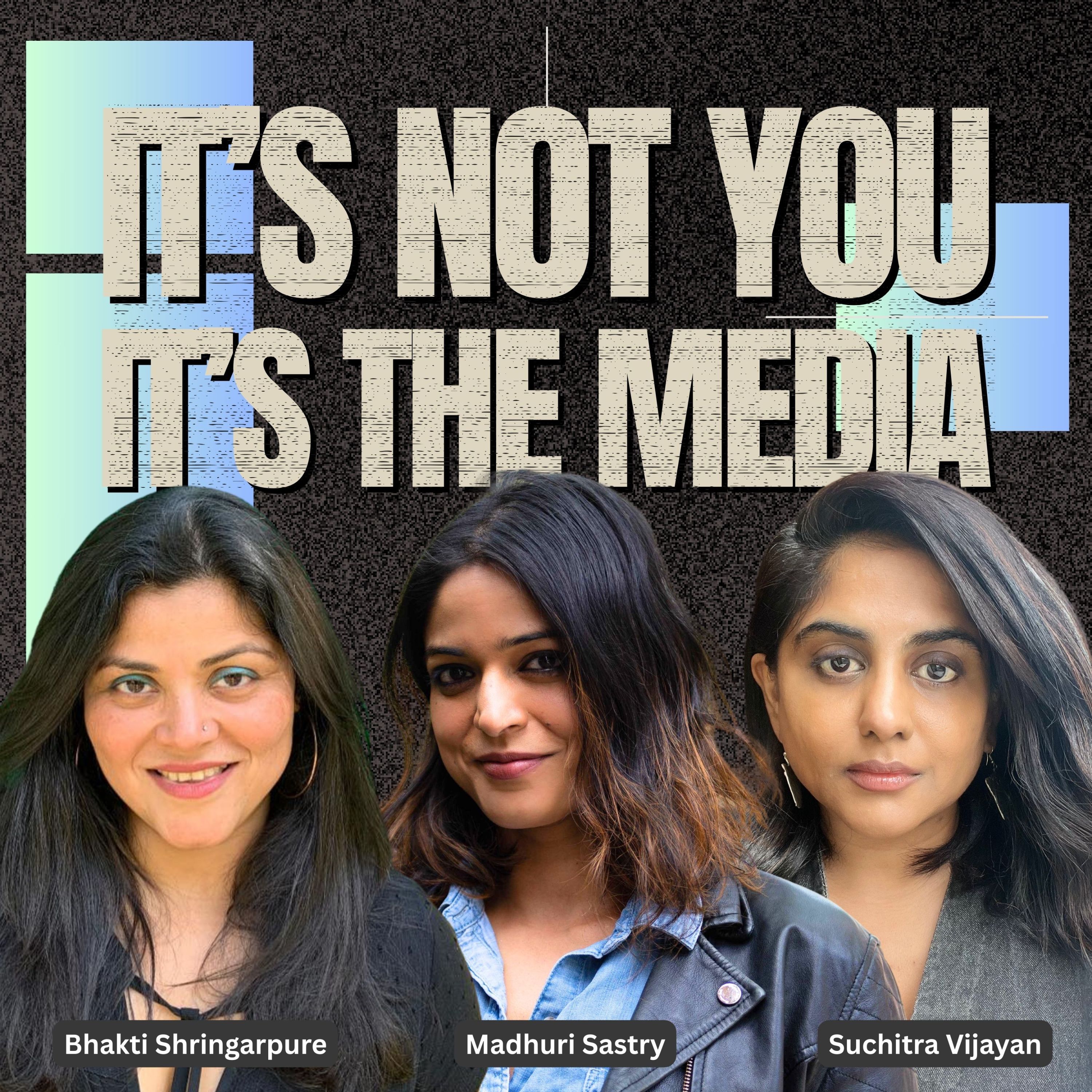Why The Media Gets Migration Wrong
Suchitra, Bhakti, and Madhuri dissect the persistent failures of media coverage on migration, exposing how mainstream outlets reinforce state narratives rather than challenging them. From the selective sympathy extended to Ukrainian refugees to the criminalization of Black and Brown migrants, the hosts examine how race, class, and geopolitical interests shape reporting. They trace the media’s historical complicity in dehumanizing migrants and explore the political incentives behind the language of “legal” and “illegal” migration.
This episode unpacks the realities of forced deportations, ICE raids, and the bipartisan commitment to border enforcement, revealing how liberal and conservative media alike obscure the violence of immigration policies. What does it mean when the media celebrates the same border policies under Biden that are then condemned under Trump? Why do countries that welcome Ukrainian refugees reject brown and Black asylum seekers? And how does the language of “national security” mask racialized violence at the border? This episode examines how the media serves as a megaphone for state power rather than a force for accountability.
Key Takeaways
- Migration reporting is deeply racialized. Ukrainian refugees were framed as “deserving” and “civilized,” while Black and Brown migrants are criminalized or reduced to statistics.
- The bipartisan myth of humane immigration policies. While Trump’s ICE raids were met with media outrage, Biden’s administration has quietly overseen mass deportations—without the same level of scrutiny.
- Journalists insist on an allegiance to paperwork, documentation and to legal frameworks when it comes to migration but reject those same ideas when it comes to something like Palestine.
- The fetishization of migrant culture coexists with anti-migrant policies. The West embraces “authentic” migrant food and literature but enacts violent border enforcement against the people who create them.
- Migration is an economic and colonial issue, not just a legal one. The US and Europe continue to destabilize nations through war, climate destruction, and economic policies, then criminalize those displaced by these conditions.
- Journalists are complicit. The media amplifies state narratives on “illegal immigration” while failing to investigate the broader systemic causes of displacement.
Keywords
Migration, deportation, ICE raids, sanctuary cities, media complicity, refugee crisis, asylum seekers, Biden immigration policy, Trump, Guantanamo, Haitian migrants, Venezuelan refugees, Palestinian displacement, media literacy, national security narratives, climate migration, colonial borders.
A podcast by The Polis Project www.thepolisproject.com

